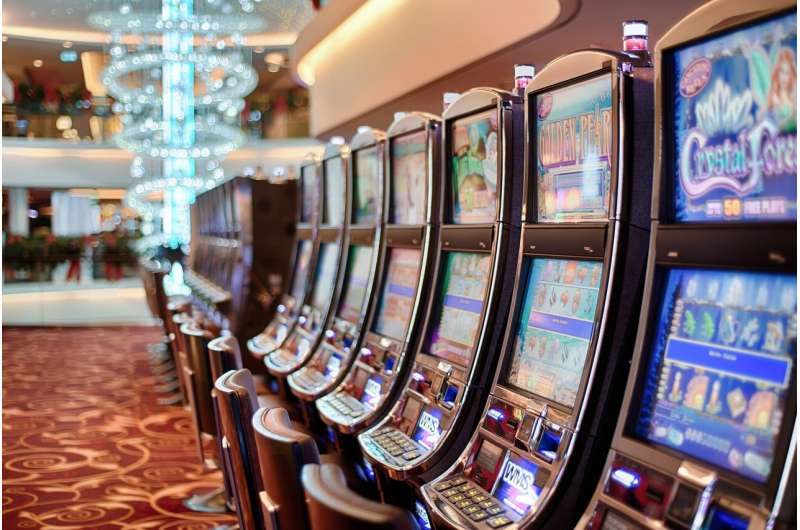Research Finds Slot Machine Payout Information Misleads Players About Winning Chances

A groundbreaking study uncovers how payout information on slot machines misleads players, impacting their perception of winning chances and risking increased gambling problems.
Recent research conducted by scientists from the University of Nottingham's School of Psychology reveals that the way slot machine payout information is presented can be deceptive, leading players to overestimate their chances of winning. The study, involving over 6,000 slot machine players, analyzed various regulatory messages displayed on the machines, including the commonly seen "Return to Player" (RTP) indicator.
The findings show that the RTP message—such as "This game has an average payout of 90%"—tends to significantly boost players’ perceptions of their likelihood of winning, compared to situations where no information is provided. Conversely, messages focusing on the house edge, like "This game keeps 10% of all money bet," do not seem to influence players’ perceptions as strongly.
This research, published in the journal Addictive Behaviors, highlights a critical issue: although RTP figures are factual, they are often misunderstood. Many gamblers interpret a 90% RTP as meaning they have a 90% chance of winning, which is inaccurate. The actual chances of winning are typically much lower, and this misconception can contribute to problem gambling behavior.
With about 2.5% of the adult population in Britain—an estimated 1.3 million adults—experiencing problem gambling, these misconceptions pose a significant public health concern. The government and industry regulators have introduced measures, such as disclosing payout ratios, but the way information is communicated remains inadequate.
The study's lead researcher, Dr. Leonardo Cohen, emphasized that current messaging is ambiguous and can inadvertently make slot machines seem more attractive, thus encouraging continued play. Better clarity and more accurate communication are essential to helping gamblers make informed decisions and reducing the risk of gambling-related harm.
Stay Updated with Mia's Feed
Get the latest health & wellness insights delivered straight to your inbox.
Related Articles
Loneliness as a Key Predictor of Mental and Physical Health Deterioration, New Study Finds
New research reveals loneliness as a significant predictor of depression and poor health outcomes, urging public health action to address social isolation.
Simple Nature-Based Technique Proven to Enhance Well-Being
Discover how simple attention to natural features like sounds, textures, and scents in gardens and green spaces can significantly improve mental well-being and emotional health.



